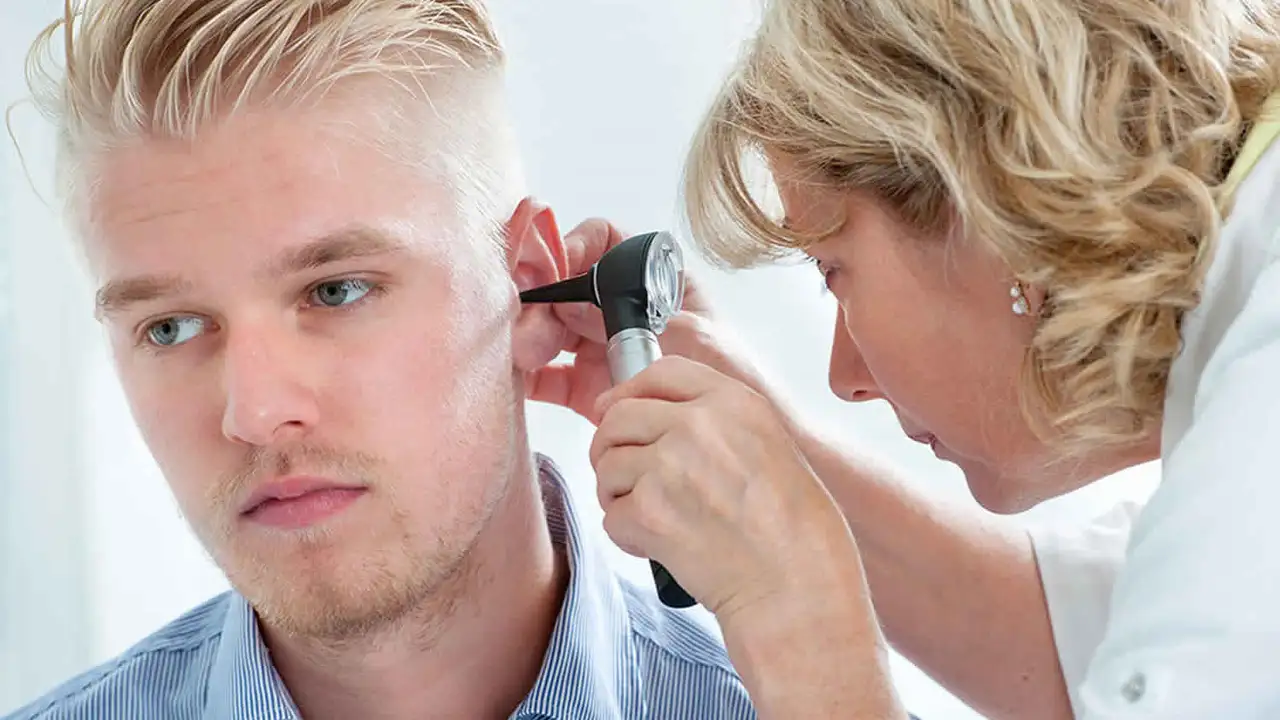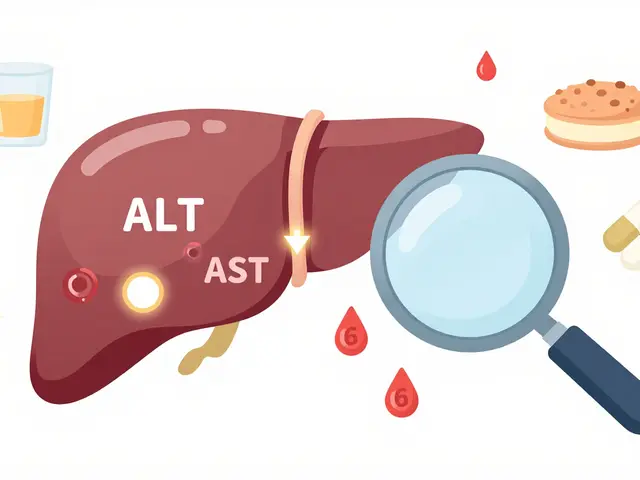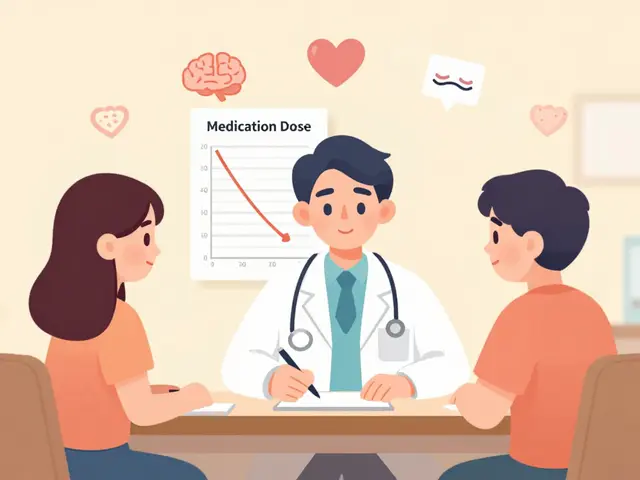Hearing difficulties – what’s really going on and how you can help yourself
If you’ve noticed that conversations feel like they’re happening in a fog, or the TV volume is creeping up every night, you’re not alone. Many people experience some level of hearing trouble before they even think about getting a professional check‑up. The good news? A lot of the everyday stuff that makes hearing worse is within your control.
Common causes of hearing problems
First off, let’s name the usual suspects. Age‑related loss, called presbycusis, sneaks in slowly and usually starts with high‑frequency sounds – think of those crisp “s” and “t” noises that get muffled. Exposure to loud music, concerts, or even power tools can damage the delicate hair cells in your inner ear. Those hair cells don’t grow back, so repeated noise spikes add up fast.
Infections are another hidden culprit. A middle‑ear infection (otitis media) can fill the space behind the eardrum with fluid, choking off sound transmission. Even a common cold can cause temporary muffling if the Eustachian tube gets clogged. Then there’s tinnitus – that persistent ringing or buzzing that often tags along with hearing loss. While it’s not always a sign of serious disease, it can make everyday listening more exhausting.
Medication matters, too. Some antibiotics, chemotherapy drugs, and even high‑dose aspirin can be ototoxic, meaning they hurt your ears as a side effect. If you’re on a long‑term prescription, ask your doctor whether it’s known to affect hearing.
Everyday tips to boost your hearing
Now that you know the why, here’s what you can do right now. Start by turning down the volume on earbuds and headphones – the 60/60 rule works well: keep it at 60 % of maximum volume and listen for no more than 60 minutes at a stretch. If you’re at a loud event, bring earplugs; they cut the noise down without muting the music.
Keep your ears dry and clean, but don’t over‑clean. Cotton swabs can push wax deeper, which can block sound. A few drops of warm mineral oil once a week can soften buildup safely.
Stay on top of health issues that affect hearing. Manage blood pressure, diabetes, and cholesterol – they influence the tiny blood vessels feeding the inner ear. If you get a cold, try nasal decongestants or a saline rinse to keep the Eustachian tube open.
Finally, schedule a hearing check‑up at least once every few years, especially if you’re over 50 or notice changes. Early detection helps you get the right hearing aid or assistive device before the problem gets worse, and many insurers cover basic screening.
Bottom line: hearing difficulties are often a mix of age, noise, health, and habits. By cutting down on loud exposure, keeping ears clean, and staying healthy, you can slow down the decline and enjoy clearer conversations today. Got more questions? Dive into the articles below – they cover everything from ear‑wax removal to buying the right hearing aid.
Hi there! I can't stress enough the importance of regular hearing tests. Let me tell you why - they are the key to early detection of any hearing difficulties. By catching these issues earlier, we are often able to slow down the progression or even find suitable treatments. So, if you're not already, it's time to make those regular check-ups a part of your routine. It can really make a significant difference in your hearing and overall quality of life, trust me.



 Medications
Medications




